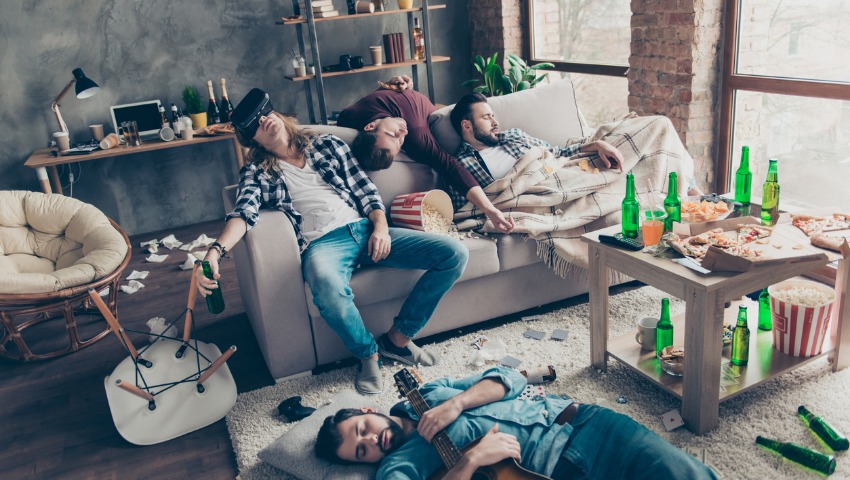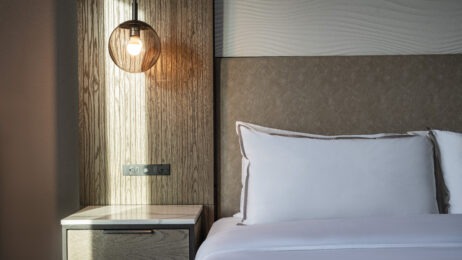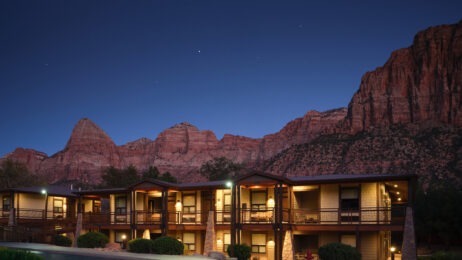Airbnb will ban party houses and take several other measures to improve safety that will affect meetings participants and all other customers. The action is being taken in the wake of an incident at a property in Orinda, California, in which five people were killed on Halloween night.
“Starting today, we are banning ‘party houses’ and we are redoubling our efforts to combat unauthorized parties, and get rid of abusive host and guest conduct, including conduct that leads to the terrible events we saw in Orinda,” Airbnb CEO Brian Chesky tweeted.
More: 4 Top Tips for Picking a Safe, Secure Hotel Site
Chesky said that Airbnb will make the following additional changes:
- Thoroughly verify all listings
- Expand manual screening of high-risk reservations flagged by its risk-detection technology
- Conduct personal reviews of high-risk listings
- Create a dedicated party house rapid-response team
- Establish a “guest guarantee” in case guests find that a listing doesn’t match its online description
- Create a 24/7 neighbor hotline staffed by real people
- Take immediate action, including removal, against users who violate these enhanced guest policies
At the New York Times DealBook Conference on Wednesday and in an email to staffers, Chesky provided more details about how the company will rebuild trust in its platform to address both scams and house parties.
Related: Airbnb Animal Experiences Improves Current Animal Welfare Concerns
Airbnb will begin verifying all 7 million listings on its platform, with the goal of reviewing every home listing and host by Dec. 15, 2020. The verification process will seek to vet the accuracy of photos, addresses and listing details. It also calls for inspections for quality standards such as cleanliness, safety and basic home amenities.
He said the effort will require collaboration between Airbnb and the communities they serve. “So, we’re going to use technology, we’re going to use guests, we’re going to basically get a confidence score, but we’re going to make sure that we can stand behind every single listing, every single host,” Chesky said.
He said it will be expensive to implement these changes, but absolutely necessary. “Ultimately, we’re in the business of trust, so we have to make these investments to protect our users,” he said.
In the Orinda incident, a woman rented the four-bedroom home after telling the owner that 12 of her family members with asthma needed refuge from wildfire smoke, a source told the Associated Press, but a crowd of about 100 people from throughout the Bay Area arrived in costume for a gathering promoted on social media as an “Airbnb mansion party.” Why the shooting began has not been made public, but the scene was described as chaotic, with partygoers nursing fresh wounds fleeing the scene. No arrests have been made in the case.
The Orinda City Council passed an emergency ordinance on Wednesday that will prohibit for 45 days all short-term rentals in which the homeowner is not on site, while the city works on updating existing rules. The ordinance is expected to be formally approved at the council’s meeting on Nov. 19.
Shootings and other violent incidents have occurred at several other properties that were rented through Airbnb this year. In some of these cases, the properties were rented under false pretenses and ended up hosting large parties.




